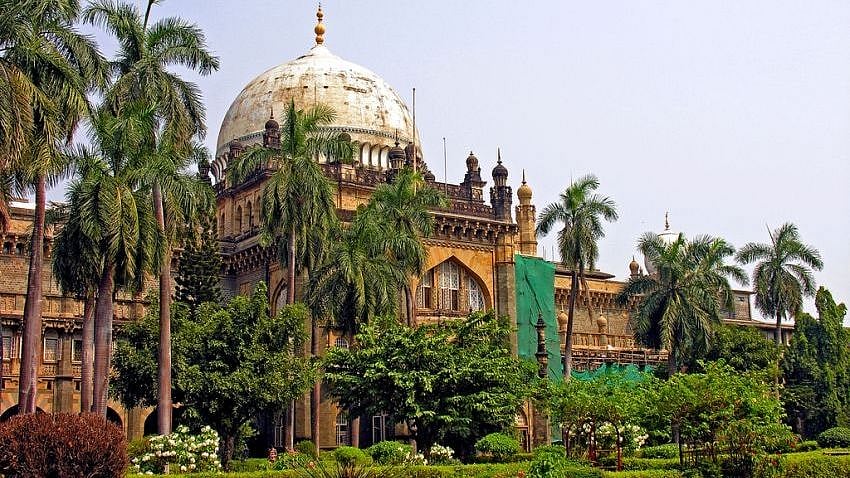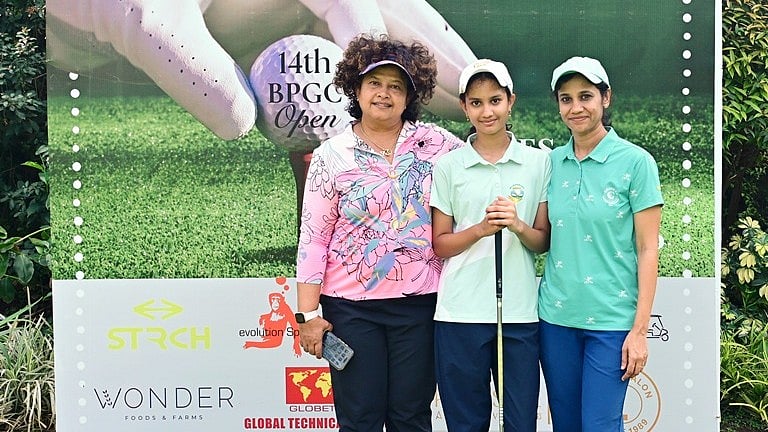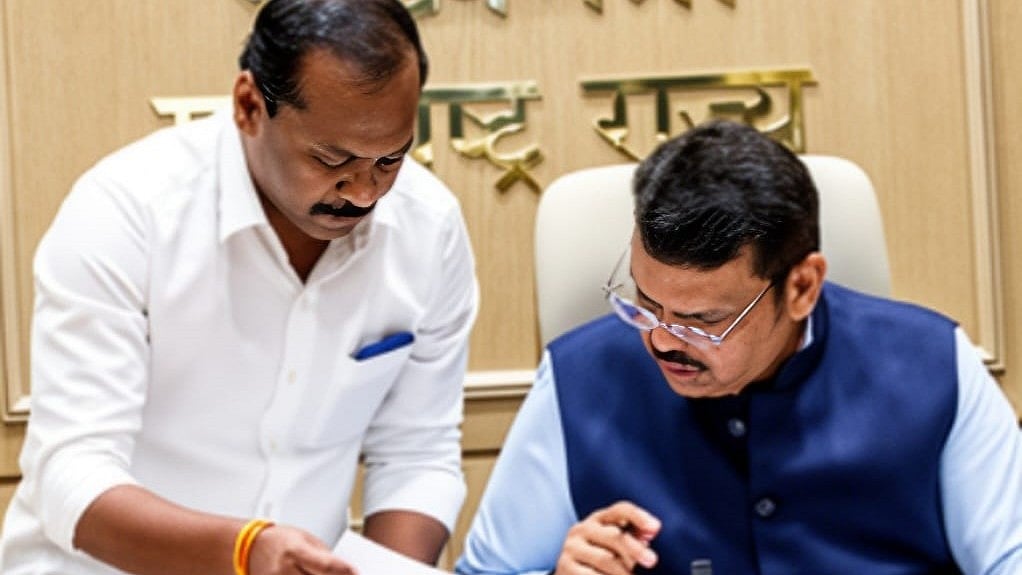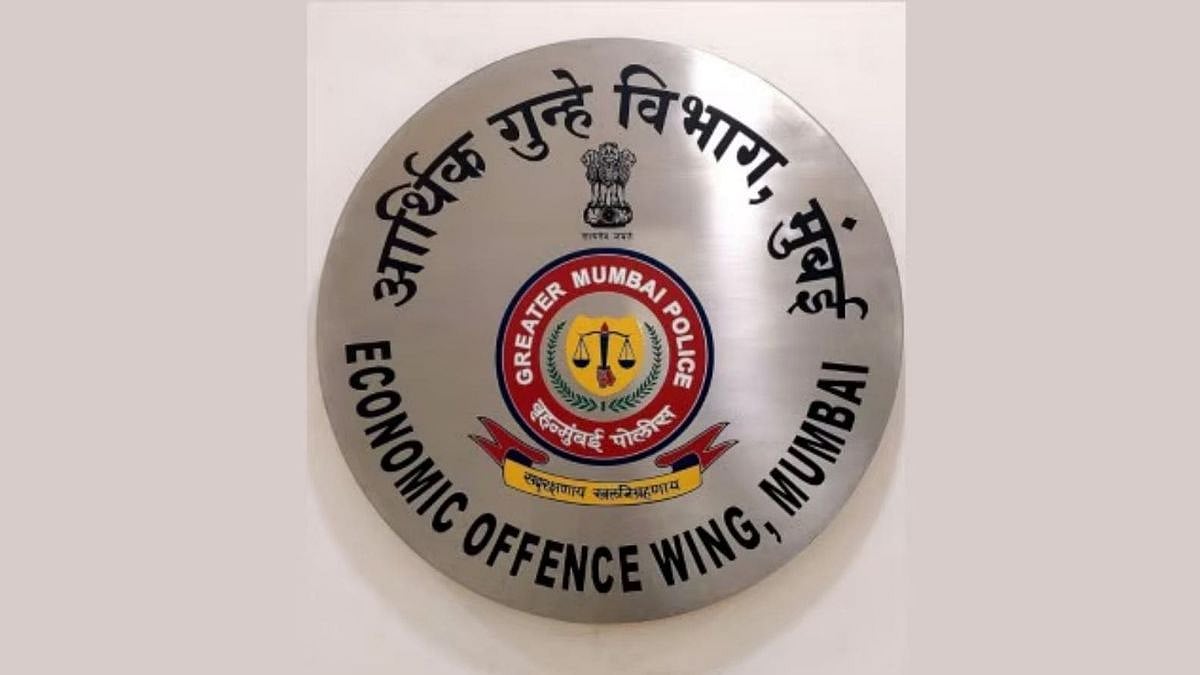The Supreme Court on Wednesday quashed the Maharashtra law granting reservation in jobs and admissions to academic institutions to Maratha community. The top court said it did not find any exceptional circumstance to justify exceeding the 50 per cent cap set by Indra Sawhney judgment.
A five-judge Constitution Bench headed by Justice Ashok Bhushan allowed no breach of 50 per cent ceiling to give more reservation, as it refused to consider reviewing Indra Sawhney verdict of 1992.
It also refused to refer the 1992 Mandal judgement, setting a 50 per cent cap on reservation, to a larger bench for reconsideration. A five-judge bench headed by Justice Ashok Bhushan concurred on three major issues framed during the hearing, and said that no exceptional circumstances or the case was made out by Maharashtra to breach the 50 per cent cap on reservation.
The top court unanimously refused to refer the Mandal judgement to a larger bench for reconsideration on issues including permitting the state to breach the 50 per cent ceiling on quota in extraordinary circumstances.
The judgement came on a batch of pleas challenging the Bombay High Court verdict, which had upheld the grant of reservation to Marathas in admissions to academic institutions and government jobs in the state.
Who are the Marathas?
The question always comes up, ‘Who are the Marathas?’. The Marathas are a group of castes comprising peasants, landowners among others. Historically, Marathas have been identified as a ‘warrior’ caste with large land-holdings. The community still plays an important role in the rural economy. While people generally confuse Marathi-speaking people as part of the Maratha community, but not all Marathi-speaking persons belong to Maratha community.
Maratha quota case:
Maharashtra passed the Socially and Educationally Backward Classes Act which granted 16% reservations to the Maratha community in 2018. The law was immediately challenged before the Bombay High Court. In 2019, the Bombay High Court upheld the law but, based on the recommendations of the State Backward Class Commission, reduced the Maratha quota to 12% in employment and 13% in education.
The Bombay High Court judgement was challenged in the Supreme Court by several petitions. Meanwhile, a three-judge bench of the Supreme Court last year placed the matter before the chief justice for further orders, this led to the formation of a five-judge Constitution bench.
The Supreme Court hearings:
The constitution bench had commenced hearing arguments in the matter on March 15. The top court had said that it proposes to consider issues, including whether the judgement in the Indra Sawhney case needs to be referred to or requires re-look by a larger bench "in the light of subsequent constitutional amendments, judgments and changed social dynamics of the society".
The Bombay High Court , while upholding the law in June 2019, had held that 16 per cent reservation was not justifiable and the quota should not exceed 12 per cent in employment and 13 per cent in admissions. The 102nd amendment to the Constitution stipulates that the, reservation can be granted only if a particular community is named in the list prepared by the President.
The High Court had held that the 50% cap on the total reservation as imposed by the Supreme Court can be exceeded in exceptional case, accepting the state government's stand that the Maratha community was socially and educationally backwards and it was duty-bound to take steps for its progress.
The Centre had argued in the top court that Maharashtra has the legislative competence for granting reservation to Marathas and its decision is Constitutional as the 102nd amendment does not denude a state of the power to declare its list of Socially and Educationally Backward Classes (SEBC).
The 102nd Constitution amendment Act of 2018 inserted Articles 338B, which deals with the structure, duties and powers of the National Commission for Backward Class (NCBC), and 342A dealing with power of the President to notify a particular caste as SEBC as also of Parliament to change the list.
Solicitor General Tushar Mehta, appearing for the Centre, had said that in its view, the SEBC Act 2018 of Maharashtra granting reservation to people of the Maratha community in the state in jobs and admissions is "Constitutional".
"The Centre is of the view that the Maharashtra SEBC Act is constitutional. We construe Article 342A gives enabling role to Central government to determine the SEBC," Mehta had said, adding that the Centre adopts the submissions of the Attorney General and it should be considered as the view of the Union government.
On March 18, Attorney General K K Venugopal had told the top court that the 102nd amendment to the Constitution does not deprive state legislatures to enact law determining the SEBC and conferring benefits on them.
The apex court had on September 9 last year stayed the implementation of legislation and referred to a larger bench the batch of pleas challenging the validity of law, but made it clear that status of those who have availed of the benefits would not be disturbed.
(With inputs from PTI)









